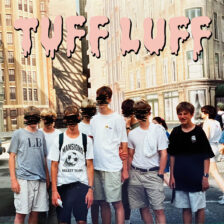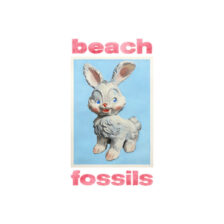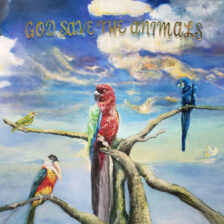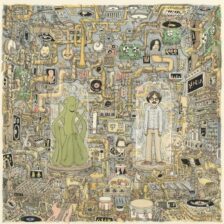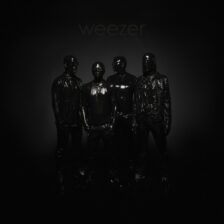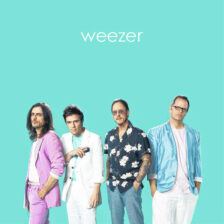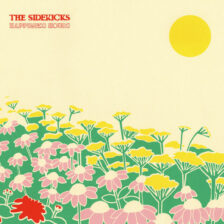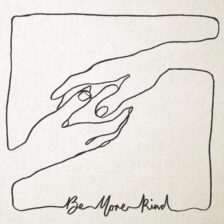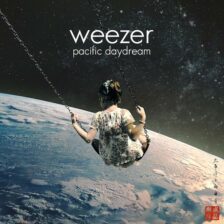or the past five years, if I’ve mustered up the energy to write anything accompanying my EOTY list, it was usually some kind of negative reflection on how tough the year was, how tough every year has been, and how things don’t seem to be getting much better. While this is generally the case for 2021 (I will not be rehashing why), I am also happy to report that this past year, moving into 2022, was the year I finally started to really try to take care of myself, mentally, emotionally, and physically. I mean, what else can you do during a time like this? My anxiety about the future is not going anywhere, so I learned to live with it, to ground myself, to care for myself, and to be confident in the face of conflict.
And as silly as it is, I owe a lot of that to pop culture. If you’re on this site, you probably do too. From quarantine watches of the Sopranos to consciously discovering more hip-hop artists and broadening my media intake in general, I was sometimes able to get to a place that made me forget about all of the things I can’t control, if only for a moment. Of course, it helped that I started recording a really, really special record with my friends in Crooner as well.
I suppose this blog should probably talk more about my end of the year list, but by now, if you’re reading this, you probably know me and the kinds of things I like. So instead, I’d just like to take this opportunity to tell you that even if things don’t get better, they can get easier. Take care of yourselves and I hope we all have a much easier 2022.
Read More “Aaron Mook’s Top Albums of 2021”